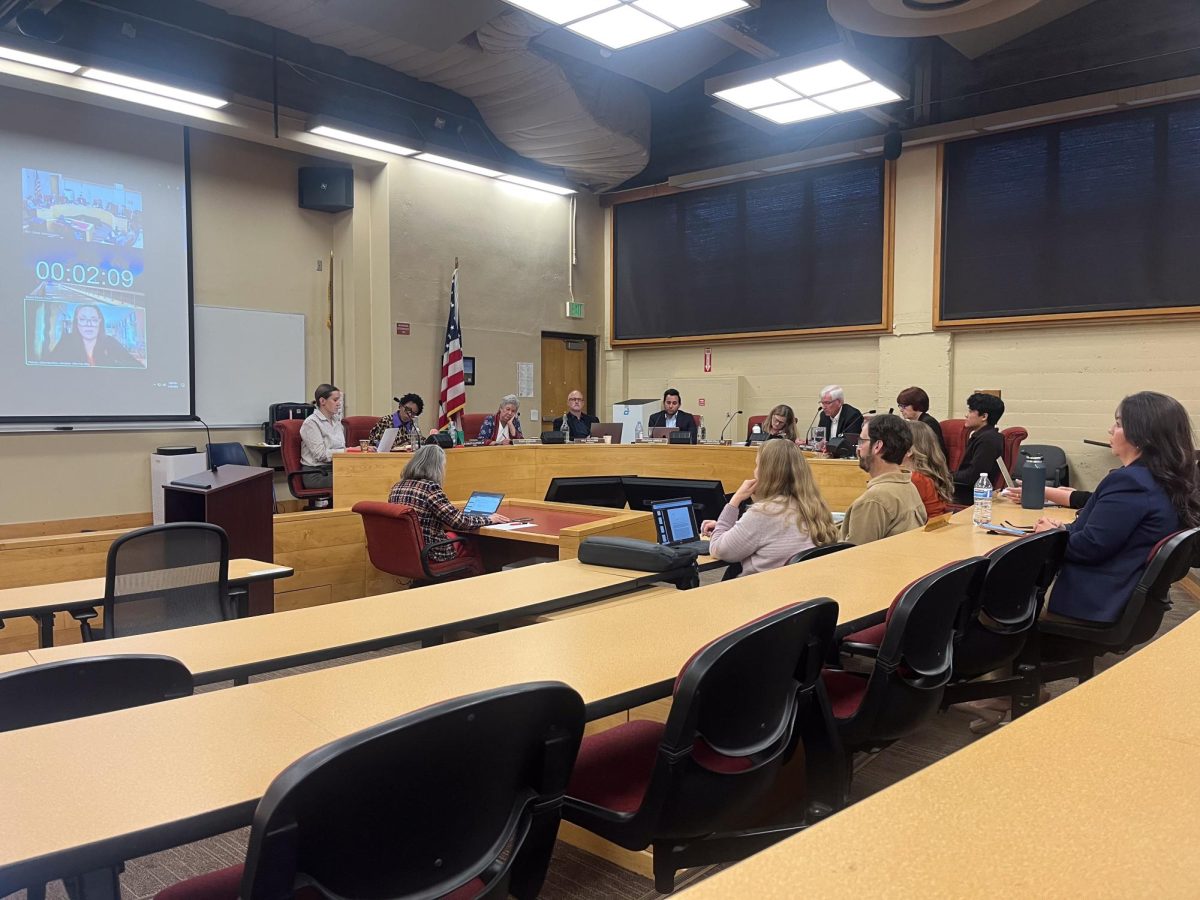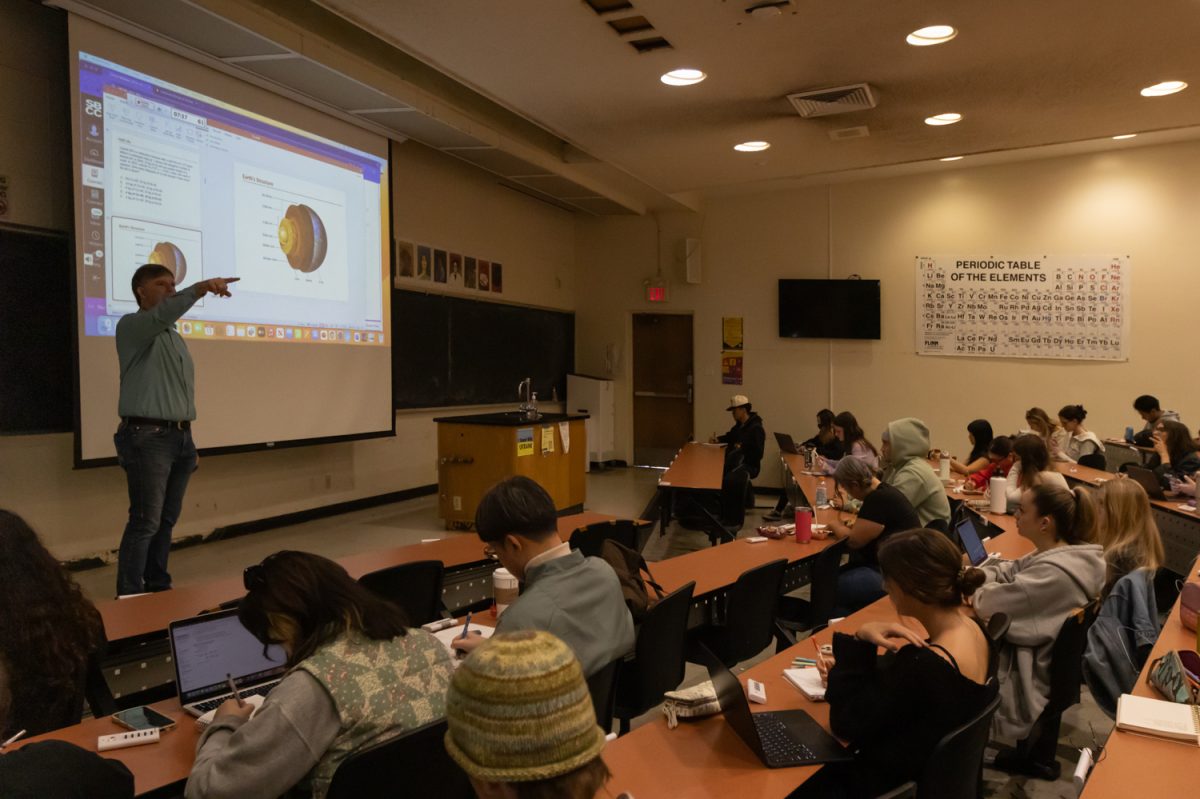On Wednesday, Oct. 18, the Academic Senate will vote on whether or not to set up a board on campus that would enforce ethical guidelines in human and animal research.
Z Reisz, director of institutional assessment, research and planning, proposed on Sept. 27 that City College sets up the Institutional Review Board, abbreviated as IRB, after faculty expressed interest in conducting and publishing research.
“Any sort of reputable research [that uses human or animal participants] goes through an IRB process,” Reisz said, describing the standard peer-reviewed journals maintain for research being considered for publication.
The proposed City College IRB would be composed of at least five members with varying backgrounds and experience in legal and scientific fields.
Research involving vulnerable subjects such as children or prisoners will require another board member who has experience with those subjects. The board will also include a permanent member who is completely unaffiliated with the college.
Elizabeth Imhof, faculty professional development coordinator at City College, is interested in a type of learning called “non-cognitive learning,” or social-emotional learning, that revolves around relationship and skill building in the classroom.
Setting up an IRB, Imhof explained, would give City College legitimacy in conducting on-campus research around these new types of learning that are especially crucial in helping underserved student populations who struggle with traditional learning.
“We’re doing a lot of really innovative projects here,” Imhof said. “A lot of the stuff we’re doing is working, and so we want to go out and share some of our innovations with other colleges to be taken seriously at conferences.”
IRB’s began being established in the 1970’s in response to major research abuses through the 20th century. Some of these included gruesome Nazi medical experiments, as well as U.S. based experiments such as the Tuskegee Syphilis study and the Stanford prison experiment.
In 1974, the federal government passed an act creating more regulation for biomedical research involving human subjects. This meant that commissions would begin outlining formal processes for procedures such as obtaining informed consent.
Today, an IRB review is required for any research that receives federal funding.
Though community colleges aren’t traditionally focused on research, there are several benefits City College could gain by establishing an IRB, Reisz explained.
For one, the IRB would create a formal setting in which research requests could be processed. This would lead to more transparency in terms of what students could expect from researchers on campus, as well as from those coming in from the outside.
An IRB would also help faculty in their professional development by facilitating research and eventually helping it get published in journals.
On top of that, students in the social sciences would have an avenue for gaining experience in research involving human and animal subjects. They would go through a general training on ethical research guidelines, a procedure all students go through before becoming research assistants in higher-level institutions such as UCSB.
Clarification Oct. 19, 2017:
A previous version of this article didn’t specify that IRB’s are only required for research that uses human or animal participants. The primary subject explained to The Channels that “there is plenty of reputable research done that does not involve human or animal participants and does not require an IRB review.”







